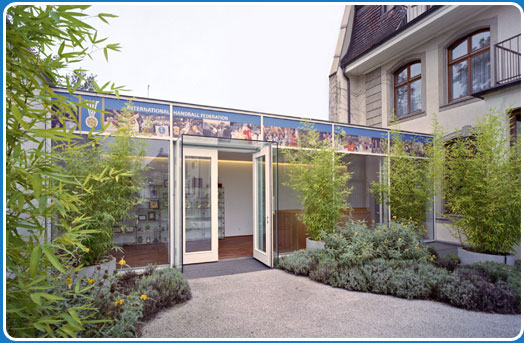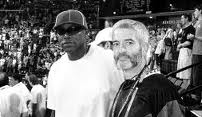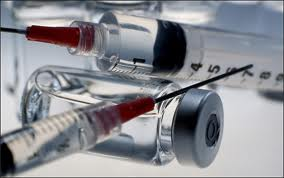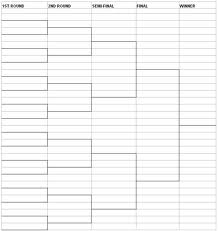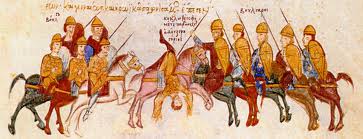Watch every match live: http://www.livehandball.tv/page/Home?WT.mc_id=aff140 ($40 for a complete subscription)
The Women’s World Championships got underway in Sao Paulo, Brazil last night with the host team easily defeating Cuba, 37-11. As I don’t follow the Women’s game as closely as the Men’s I won’t pretend to have very many keen insights as to how these games will unfold. Recent history does suggest, however, that Russia and Norway are the top two teams to beat and that’s exactly the odds set in the online sportsbooks. Following Russia and Norway, France, Montenegro and Romania are modest underdogs, while Denmark, Sweden, Spain, Germany, Brazil, South Korea and Croatia could all be classified as conceivable longshots. The odds on the remaining teams suggest that there is not a realistic path to a title
Here are the best odds available for the 24 participants
Russia 1.75 to 1
Norway 3 to 1
France 6 to 1
Montenegro 10 to 1
Romania 14 to 1
Denmark 34 to 1
Sweden 34 to 1
Spain 39 to 1
Germany 40 to 1
Brazil 50 to 1
South Korea 50 to 1
Croatia 100 to 1
Angola 500 to 1
Netherlands 500 to 1
Tunisia 699 to 1
Iceland 749 to 1
Japan 749 to 1
Argentina 1000 to 1
China 1000 to 1
Ivory Coast 1000 to 1
Kazakhstan 1000 to 1
Cuba 1999 to 1
Australia 2999 to 1
Format Changes and Breaking Down the Groups
The format for this year’s tournament is a significant departure from previous championships in that there are no Main Round Groups after Preliminary Group Play. Instead the top 4 team from each of the 4 Preliminary Groups will play a 16 team knock out tournament. This should provide for some interesting jockeying of positions as teams look ahead to try and figure out potential quarter and semifinal opponents. With that in mind here’s how the oddsmakers see the four groups
Group A
Norway .55 to 1
Montenegro 2.3 to 1
Germany 8 to 1
Iceland 250 to 1
Angola 500 to 1
China 500 to 1
Norway is the clear favorite, but Montenegro is seen as a realistic threat. Germany is pegged for 3rd, while Iceland, Angola and China are expected to battle for the fourth slot.
Group B
Russia .2 to 1
Spain 6.5 to 1
South Korea 9 to 1
Netherlands 150 to 1
Kazakhstan 1000 to 1
Australia 1499 to 1
Russia is the prohibitive favorite and the Spain-South Korea match should determine 2nd-3rd. Netherlands is pegged for 4th.
Group C
France 1 to 1
Romania 1.6 to 1
Brazil 3 to 1
Japan 199 to 1
Tunisia 199 to 1
Cuba 999 to 1
This group is projected to be a 3 way battle for first between France, Romania and Brazil. I think the oddsmakers discounted Brazil a little too much and it wouldn’t surpise me much if the home court advantange propelled Brazil to a first place finish in this group. (Going further, 50-1 to win the whole tournament seems like a pretty good deal if you ask me.) For all three contenders in this group securing first place is pretty important for improving your prospects of reaching the semifinals. Second place in the group means a likely quarterfinal vs Russia and third place will likely mean taking on Norway.
Group D
Sweden 1.5 to 1
Denmark 1.75 to 1
Croatia 2.75 to 1
Argentina 500 to 1
Ivory Coast 500 to 1
Uruguay 1000 to 1
Group D pretty much mirrors Group C with Sweden, Denmark and Croata battling it out for first. And as with Group C, a first place finish is important if you want to avoid Russia and Norway in the quarters.
Breaking out the placement into Round of 16 Quads
For reference, here’s how the brackets will align based on oddsmaker projections on winning each group. Of course, anything can happend and should Russia or Norway slip up in Group play it could really make things interesting in the last round of matches. Some teams might even theoretically benefit from losing.
Quad 1
1B vs 4A Russia vs Iceland
3D vs 2C Croatia vs Romania
Quad 2
1D vs 4C Sweden vs Japan
3B vs 2A South Korea vs Montenegro
Quad 3
1A vs 4B Norway vs Netherlands
3C vs 2D Brazil vs Denmark
Quad 4
1C vs 4D France vs Argentina
3A vs 2B Germany vs Spain
Link to PDF Schedule (Entire tournament): http://www.ihf.info/files/Uploads/Documents/10071_match_schedule.pdf
Link to schedule and results: http://www.ihf.info/IHFCompetitions/WorldChampionships/WomensWorldChampionships/WomensWorldChampionship2011/FixturesandResults/tabid/5821/Default.aspx



